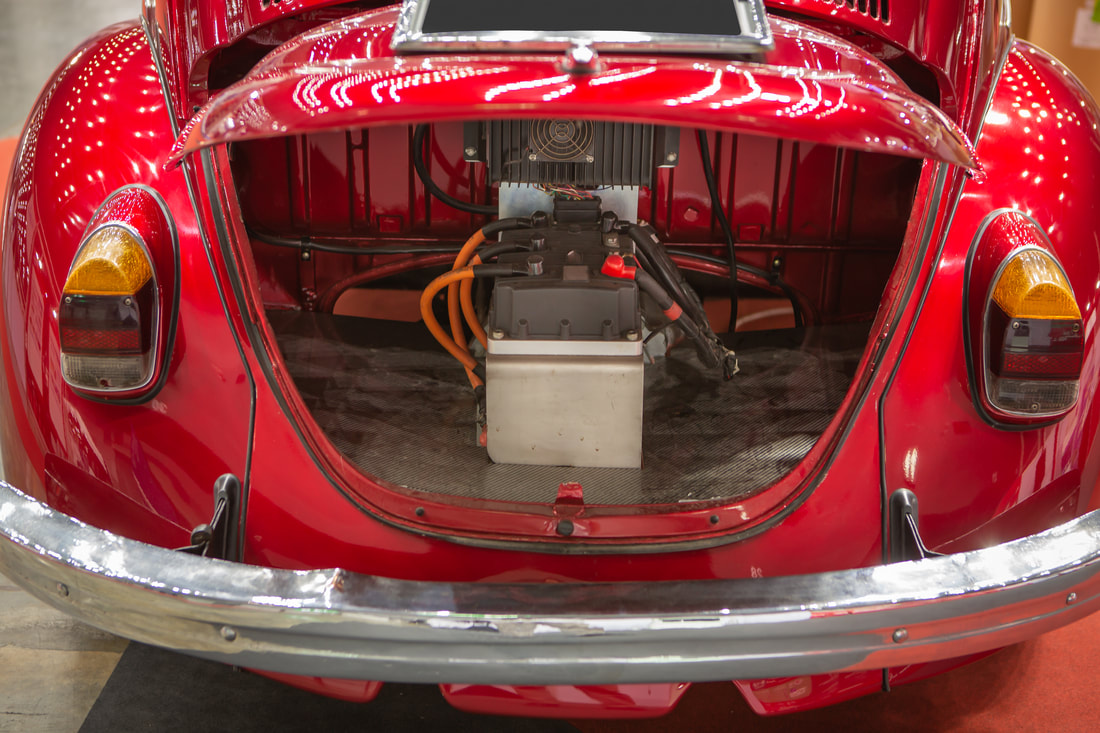California is poised to make converting an internal-combustion vehicle to electric slightly less expensive with a new bill that proposes offering up to $2,000 to owners who convert their gas-guzzling cars to electric ones.
Brought forth by Senators Portantino and Newman, California Senate Bill 301 suggests offering a tax rebate of up to $2,000 for individuals who switch their traditional fuel-powered vehicles to zero-emissions vehicles (ZEVs), which can either be battery-powered or hydrogen-powered. The Specialty Equipment Market Association (SEMA) supports this bill, stating that it will aid small businesses and workers, increase access to ZEV ownership, and preserve California's car culture. "The aftermarket is a leader in innovation, and that includes in zero-emissions technologies," commented SEMA President and CEO Mike Spagnola said in a statement by the company. "SB 301 creates opportunities for our California-based small businesses, their employees, and consumers to build and have access to affordable zero-emissions vehicles." The proposed rebate would be in addition to other state-level incentives for electric vehicles, such as Clean Cars 4 All and up to $7,000 in rebates through the Clean Vehicle Rebate Program. However, the EV conversion fund would be considerably smaller, with only $2 million allocated annually for the aftermarket rebate option. At first glance, this proposal may seem like a fantastic idea. But like many political proposals however, the actual impact is likely to be minimal. When we examine the funding allocation closely, it becomes apparent that only 1,000 EV conversions can be supported with the meager $2 million budget. This figure is so small compared to the number of internal-combustion vehicles on California streets that its effect would be almost negligible. Additionally, as anyone who has ever attempted to budget for a conversion project will quickly tell you, even if they perform all the labor themselves, a successful EV conversion requires up to as much as 10 times the amount that the proposed rebate provides. $2,000 towards a project that often costs $20,000 or more is not a considerable sum, especially when considering that the converted vehicle must have a range of at least 100 miles, requiring a decently sized battery pack. The bigger the battery pack, the higher the cost. Hopefully in the future, the costs of an EV conversion will come down. Until then, we should celebrate (maybe?) this small step towards tackling the larger challenge of reducing carbon emissions. It may be a very tiny step, but it is a step in the right direction. |
Details
Categories
All
Archives
June 2024
|
- Home
-
Learn.
-
EV 101
>
- EV Terminology
- What is an EV?
- Pros and Cons
- EV Types
- Are used EVs a good option?
- How much range do you really need?
- Real world range
- Types of charging and charging stations
- How Long Does It Take To Charge
- EV Charging Apps
- All about EV Batteries
- Regenerative Braking
- BEV System Components
- EV Maintenance
- EV Mythbusting >
- Podcast
- Newsletter
- Magazine
- Articles >
- Vehicle Reviews
- Alternative Fueling Station Locator
-
EV 101
>
- Connect.
- Experience.
- Deals
- Shop
- About Us



